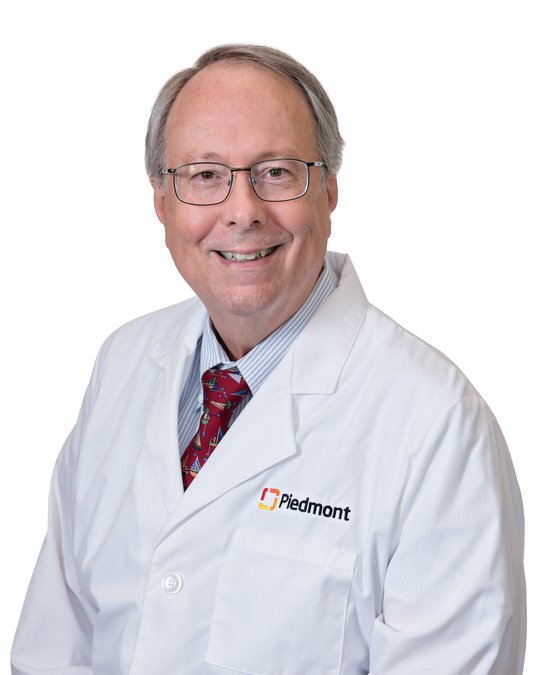Henry Patton, M.D., with Piedmont Physicians of Covington-Internal Medicine, shares information concerning the ‘Health Triangle’:
How important is being surrounded by a community of people to a person’s mental health?
Being part of a community reduces feelings of isolation that could negatively affect a person’s mental health. Communities often serve a source of encouragement in difficult times. They can even help provide support and reduce tangible stressors in a person’s life. For example, if a member of the community is seriously ill, a neighbor might coordinate a meal train so the family does not have to worry about cooking. It is also simply a fundamental human need to feel included and being part of a community can meet that need and promote our mental health.
What are some unique ways to maintain physical health?
I often hear from patients that they do not have time to exercise. But there are many ways to introduce physical activity into things you are already doing that do not add much (or any) time to your routine. For example, the next time you go to the grocery store, choose a parking spot that is far from the front door and walk. The next time you are chatting on the phone with a friend, get up and walk around your home while you talk. Some of my patients actually are more active than they realize. For instance, if they do yard work and pick up sticks, they are exercising—but they might not report that as exercise. I also always encourage my patients to find ways to make exercise fun; choosing a friend or family member to join you is a great way to do that. Step challenges are one suggestion that often inspire friendly competition and get everyone moving.
Why is social health just as important as the other two?
Social health is as important as mental and physical health because it promotes the other two and vice versa. Strong social connections improve a person’s quality of life. Little or no social interaction can lead to poor health outcomes. With poor social health, we see increased rates of depression, anxiety, and chronic diseases including dementia. Investing in relationships with friends and family is investing in your overall health and well-being.
What part does social media play in maintaining quality social health?
Social media can be a tool for maintaining social health. But like all tools, it must be used properly to be effective. Social media is good for us to the extent that it is used positively to build our community. For instance, it can help us stay connected to loved ones who live far away and remain informed about their lives. Conversely, social media can lead us not to be present to family members and friends who are physically with us, decreasing the quality of that interaction and its health benefits. Excessive time on social media can create unrealistic expectations for our lives, which can negatively impact mental health. Social media can also be a source of bullying. As with most things in life, moderation is key. Balance the time you spend on social media with quality face-to-face time with those in your circle.
Why is it important that all three correlate? What does it mean for a person when one aspect isn’t maintained as well as the other two?
Mental, physical and social health go hand-in-hand. Typically, if a person is feeling good (mental health), they are more likely to exercise (physical health) and go out with friends (social health). Health in any one of these areas can, therefore, strengthen health in the others. The opposite is also true. Poor social and physical health can be detrimental to mental health.
How can a person each day be intentional in maintaining all three sides of the health triangle? (While at work, school, etc.)
My advice is to focus on the basics: eat well, exercise and practice good sleep hygiene. Care about others and let others care about you to foster strong relationships. It is also good for you and the community to contribute to society, so consider making time to volunteer too, if you can. Go out and make a positive difference in every life you touch—it will make a positive difference for you!





